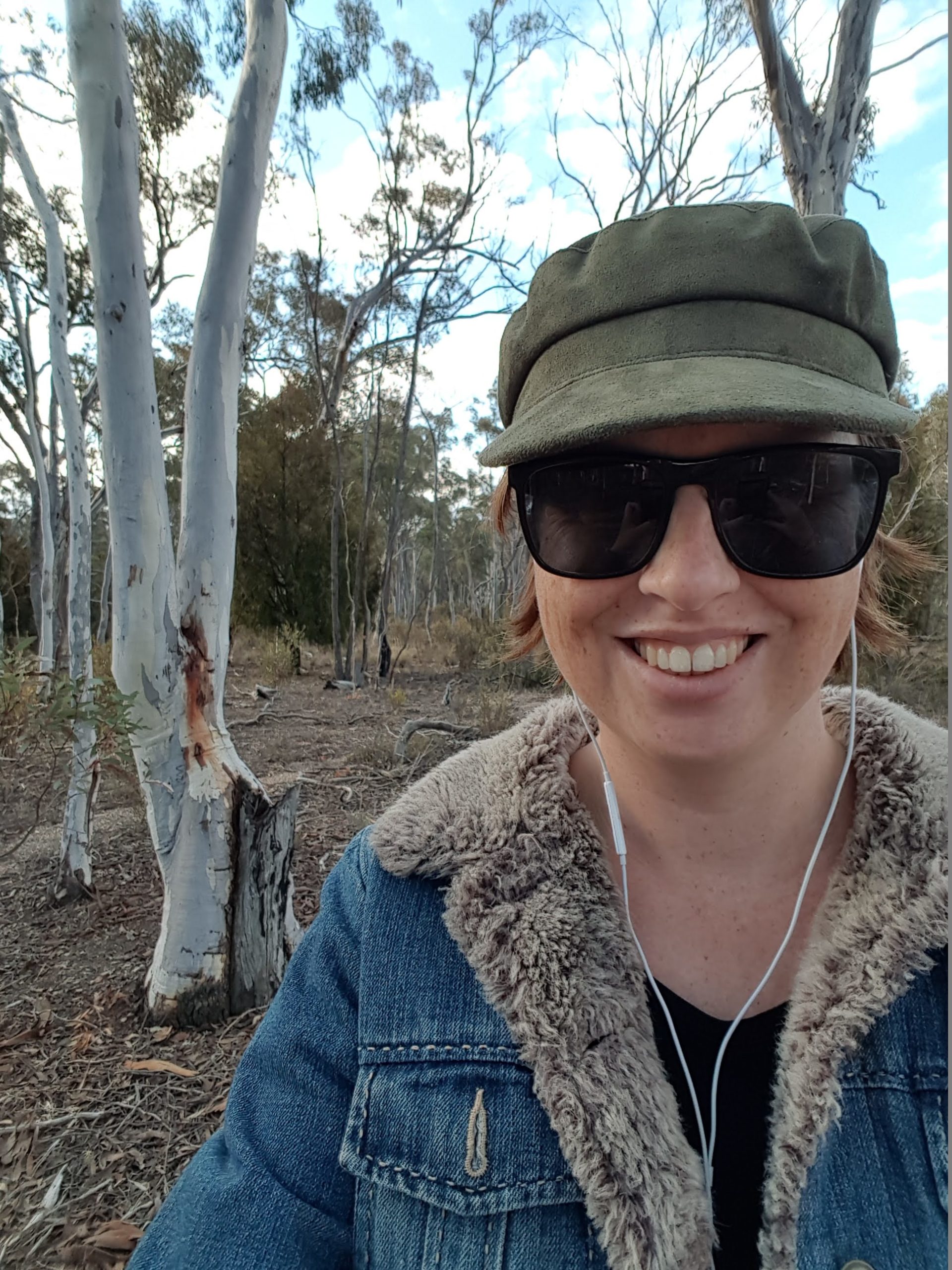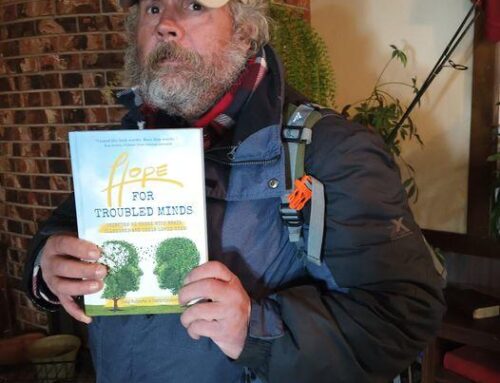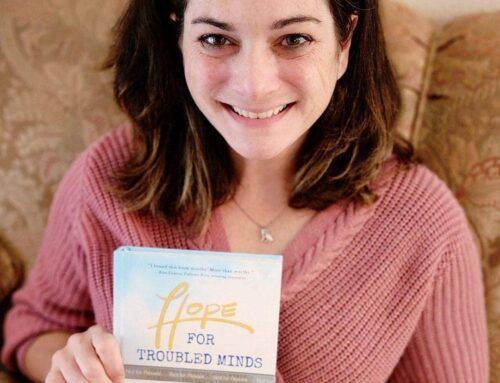I called my perinatal service as soon as I realised what was going on. I told them this voice is not real, that this could not be true. I explained that this is something more than just anxiety and depression. But they said that it was just my anxiety playing on my mind and that if I were to continue I’m sure that my child would go to sleep. I knew something was wrong. I knew that this was not normal. It was not normal. It was not normal to hear voices it was not normal to have thoughts like this. It was not normal to be obsessed with your child going to sleep and not leaving the house a few that they will not sleep and make everybody upset. It was not normal to hallucinate a spirit living in the house.
Postnatal depression affects many new moms. It is something that we really need talk about in the world of getting ready for birth and something that I was not really talked about with either, despite my history of anxiety and depression prior to giving birth. I ended up having what is known as postnatal psychosis a condition that affects less than 1% of new mums. Characteristics of postnatal psychosis cases include hallucinations, hearing voices, paranoid thoughts, or thinking that the TV or media are speaking about you. Most often these thoughts and voices tell you to harm the child and/or yourself. This can be very scary form of postnatal depression. I think more needs to be done in the world of psychiatry to understand this severe form of postnatal depression. I also think that more needs to be done in the education for new moms and for moms who are about to give birth about the risk factors for postnatal depression and postnatal psychosis.
As a result of my personal psychosis I have been diagnosed with bipolar one disorder. This affects my life in many ways. Any hormonal changes causes an episode and I’m recently recovering from one such episode. Each episode can range from hypo-manic to manic, to manic-depressive, depressive and everything in between on the spectrum. It is important that people know how to get help and when to get help and that the help is available that is realistic and can meet the needs of moms. I hope that by sharing some of my story I can spread the word of postnatal depression and postnatal psychosis so that it may help other moms who might be in similar circumstances to me.
Raegina is a mum of 2 living in Canberra, Australia. She has lived with Bipolar 1 Disorder since the birth of her son in 2015. Raegina writesa about parenting, mental illness, and she works in the social justice field. Outside work, Raegina enjoys working in the garden, camping and riding her motorbike.
Raegina blogs at https://bipolarmumma.
Discover more from Delight in Disorder
Subscribe to get the latest posts sent to your email.







